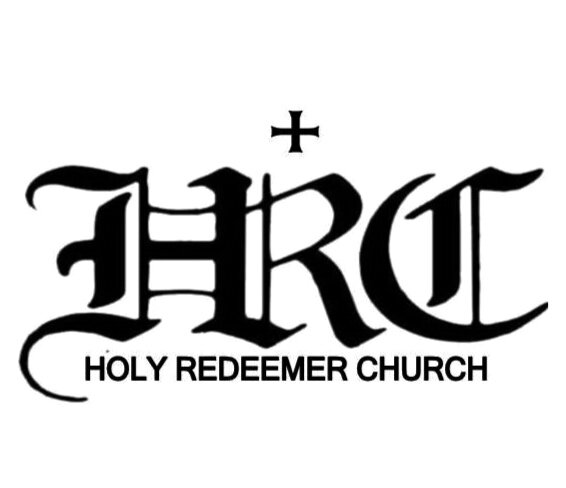Carry your cross and keep moving!
september 15, 2024 | 24th Sunday in Ordinary Time, Year B
Isaiah 50:4-9; James 2:14-18; Mark 8:27-35.
Beloved in Christ, Jesus in today’s gospel makes us this invitation:
“Whoever wishes to come after me must deny himself, take up his cross, and follow me”
(Mark 8:34).
This is because there is no Christianity or discipleship without the cross. However, we live in a world where everyone, both young, adult and elderly, rich, parents, are so quick to denounce suffering. They simply want to become famous, heroes, rich and influential without sacrifice and hard work. Yet, Jesus invites us to take up our cross and follow him. The cross is inevitable and endurance is the true antidote of suffering.
“Only our endurance will win the race for us”
(Lk. 21:19).
Learning from the Lithuanian people
Billy D. Strayhorn, in his book, At Cross Purposes narrates how cross-bearing is taken a little more seriously in Lithuania than any other place. Crosses are erected by individuals and communities everywhere in the countryside, on roads, in city parks and village squares as signs of Faith, Hope and Love. They bring them health and protection and help them commemorate historical events, weddings, births and baptisms. The nation’s pride is the Hill of Crosses located north of Siauliai where crosses were erected as early as the mid-19th century. Even when the Soviet government totally destroyed the hill in 1961, then 1973, and 1975, people kept erecting more crosses until the destruction of the hill stopped in 1980. Today, the number of crosses is in the thousands. They are of different sizes and shapes, but they all immortalize Lithuania’s troubles, misfortunes, joys, hope and Faith. For the Lithuanian people, the cross is more than a symbol in the Church. It is a symbol for the world to see, a symbol that will not go away. It is a symbol of sacrifice, a sacrifice that gives each and every one of us Hope and Faith and courage. A cross-less Christianity is a Christ-less Christianity.
The Cross calls our obedience to God’s will
The first reading from the third Servant song of Isaiah foreshadows the coming of the Suffering Servant. Because of his obedience to the will of his Father, he endured all kind of suffering in order to restore hope and vitality to fallen and wounded humanity:
“Lord Yahweh has opened my ear and I have not resisted, I have not turned away. I have offered my back to those who struck me, my cheeks to those who plucked my beard; I have not turned my face away from insult and spitting” (Is. 50:5).
By foretelling his passion, death and resurrection for the first time, Jesus fulfills this prophecy in today’s Gospel. Jesus is the Messiah and Saviour who by his obedience gives his life for our salvation. Our Faith in Him, explains St. James in the second reading, should help us to alleviate the sufferings of others by our works of mercy, both corporal and spiritual.
The Cross: A Symbol of Suffering and Hope
Jesus in the Gospel text has made the cross, the truest cost of discipleship namely, denying oneself, taking up one’s cross, and following Jesus. The cross is the sign that every human circumstance can become a sign of hope. The cross, from a sign of condemnation, the cross (curse) has become a sign of salvation (Deut. 21:23) – from a signification of suffering, it now signifies Hope, Faith and Love; from a symbol of rejection, it has become an icon of Acceptance.
That is why, no matter how you place the cross, it must have an existential representation of positivity: - When placed flat on the ground- it becomes a bridge against the valleys of life challenges; -When placed on the wall, it becomes a ladder to climb towards elevation and eternity; - When viewed with the lens of Mathematics, it becomes a plus (+) or additional sign; - When placed in a traversed position, it becomes (x) times. Sign of *multiplication* (restoration) of lost fortunes for Christ’s sake (Matt. 16:25; Job 42:10).
So we should be ready to take up any cross that we are given and follow Jesus because it is the highest expression of God’s love as well as our Christian love. No wonder St. John of the Cross reminds us:
“In the twilight of life, God will not judge us on our earthly possessions and human success, but rather on how much we have loved”.
Fr. Georges Roger BIDZOGO SAC

